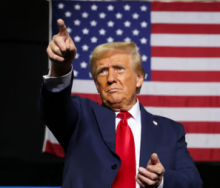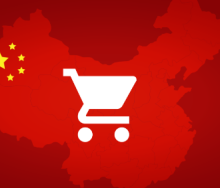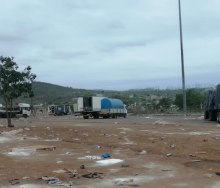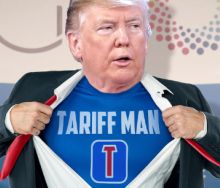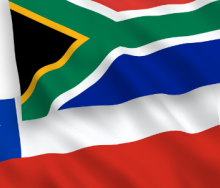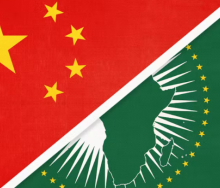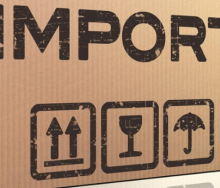The trade relationship that South Africa has with the United States is entering a critical period in the coming weeks, as the new Minister of Trade, Industry and Competition, Parks Tau, navigates a complex geopolitical landscape.
At the heart of the matter is SA's continued eligibility for the African Growth and Opportunity Act (Agoa), a key trade agreement that provides duty-free access to the lucrative US market for a range of South African exports.
However, SA's non-aligned foreign policy stance, particularly its relations with Russia and Iran, have raised concerns in the US Congress.
Senior US administration and congressional officials have voiced concerns over SA's positions on key geopolitical issues, such as the Russia-Ukraine conflict and the situation in Gaza.
There are fears that SA's perceived alignment with Washington's adversaries could jeopardise its Agoa benefits, which account for around 20% of the country's exports to the US, or 2% of its total exports globally.
To address these tensions, South Africa is preparing to send a high-level delegation to the US within the next two weeks to lobby against any potential review or termination of Agoa.
Currently, the US-SA Bilateral Relations Review Act looks like it could be passed by the Senate but potentially vetoed by President Joe Biden, a more understanding ally of SA than Donald Trump.
Following the weekend’s assassination attempt against the Republican party’s presidential candidate, which could fuel his persecution paranoia, SA could most certainly forfeit its Agoa benefits if Trump wins the November elections in the US.
SA has made a compelling case for its foreign relations with countries and organisations deemed as “malign actors” by US senators, but all eyes will be on Tau and his fellow delegates when they attend the Agoa forum in Washington from July 24 to 26.
The delegation will aim to convince US policy makers that SA's foreign policy is guided by principles of non-alignment and a commitment to multilateralism, rather than any specific geopolitical allegiances.
Tau will be at the forefront of these efforts, as he seeks to protect a trade agreement that has been a crucial driver of SA's economic growth and diversification.
The Agoa programme has enabled SA to become the second-largest exporter under the scheme, supplying a range of products, especially fruit.
The stakes are high for SA, as the loss of Agoa benefits could have significant economic consequences, particularly for key export sectors.
The government is confident that it can resolve the impasse with the US, but the coming weeks will be a crucial test of its diplomatic skills and ability to navigate the complex geopolitical landscape.

